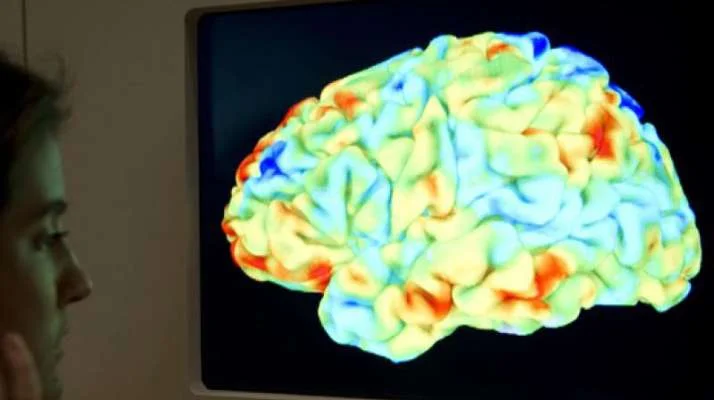Another question I get asked regularly in my resiliency coaching sessions, "Is depression caused by chemicals changing in our brain that subsequently change our thoughts, or do our thoughts change the chemicals in our brain?
Early thinking was that depression was down to a lack of mood regulation chemicals such as serotonin. The answer now is, it's not that simple. Current neuroscience suggests that while chemicals are involved in depression, it is far more complex than that.
According to the Harvard Medical School (2017), there are many possible causes of depression including not just faulty mood regulation by the brain, it is also genetic vulnerability, stressful events, medication complications, medical problems, and a few more lesser factors.
It's believed more so now that several of these forces interact to bring on depression. And, the combination that causes depression for one person may not be the same for another person. Genetics, like most things about us, is now known to play an even more important role than previously thought.
Because of advances in medical technology, it is now certain (for now at least) that three parts of the brain play a significant role in depression; the amygdala, the thalamus, and the hippocampus.
The amygdala, a structure deep in the brain that's associated with some emotions, is activated when a person recalls emotionally charged memories such as a frightening situation causing us to go into fight-or-flight. Activity in the amygdala is much higher when a person is sad or clinically depressed. This increased activity continues even after recovery from depression. Controlling the fight-or-flight response through breathing can reduce this activity.
The thalamus receives most sensory information and relays it to the appropriate part of the brain. Some research suggests that bipolar disorder may result from problems in the thalamus, which helps link sensory input to pleasant and unpleasant feelings. Studies give hope to the possibility that we may be able to change signaling within the hypothalamus to slow down the aging process and increase longevity through what we eat.
The hippocampus is smaller in many depressed people. Stress may be a key factor here as it is believed that stress can suppress the production of new neurons in the hippocampus. Research shows that we do have the capacity to grow new neurons above and beyond what is generally produced in our hippocampus and to make them become mature and strong within weeks and months. The best way to generate new hippocampal neurons is to exercise, both physical and mental.
There is emerging research that shows forcing ourselves to think happy thoughts may also help. We have always known that if you are having more happy thoughts than sad ones you will probably be much happier. This however, is more about your mood and is still influenced by other complexities listed above.
While neuroscience and research is advancing along with the technology used to see inside our brains, we come back to what we have always known - breathing, exercise, a good diet, and controlling our thoughts can help reduce the risk of depression.
And of course, don't forget smiling.
Let's talk!

